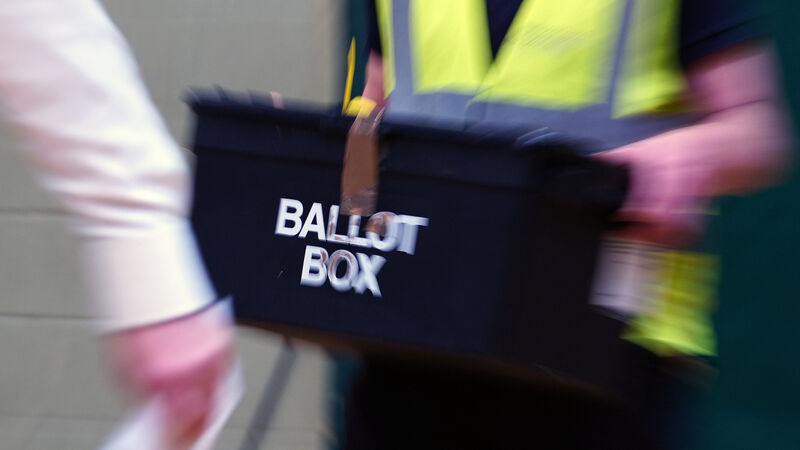Theresa Reidy: Ireland has weakest local government system in Europe

If you get a Government representative on your doorstep during election campaigning, do not let the opportunity go, ask them what they are doing to empower local government.
It is hard to be motivated about the upcoming local elections. Ireland was ranked last out of 39 countries in a local autonomy self-rule index in 2016. Ireland was 36th out of 39 countries for its institutional capacity, 37th out of 39 for its policy scope, 36th out of 39 for policy discretion. The pattern was even worse on the financial indicators. Ireland spends a miniscule amount at local level and raises even less in revenue. The 2016 report, and many like it, do not make for comfortable reading: Ireland has the weakest system of local government in Europe.
The pattern of the last 100 years has been one of stripping roles and responsibilities from local government. Successive national governments have been obsessed with local government structures. Multiple reports and waves of reforms have almost always ended in abolition or amalgamation of different layers. Most recently, town councils were abolished in 2014 and local authorities in Limerick, Tipperary, and Waterford were amalgamated. Powers have also been stripped away from local government; most health responsibilities were removed in 2005 with the establishment of the HSE, education was reorganised in 2015 with the creation of education and training boards, water services will finally be reassigned fully to Irish Water in 2026.
Already a subscriber? Sign in
You have reached your article limit.
Subscribe to access all of the Irish Examiner.
Annual €130 €80
Best value
Monthly €12€6 / month
Introductory offers for new customers. Annual billed once for first year. Renews at €130. Monthly initial discount (first 3 months) billed monthly, then €12 a month. Ts&Cs apply.
CONNECT WITH US TODAY
Be the first to know the latest news and updates
















